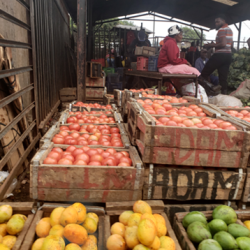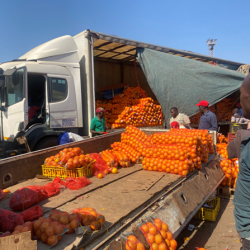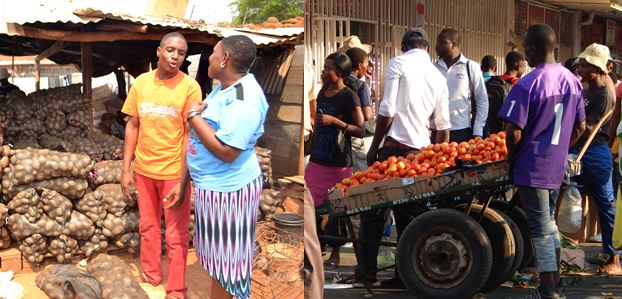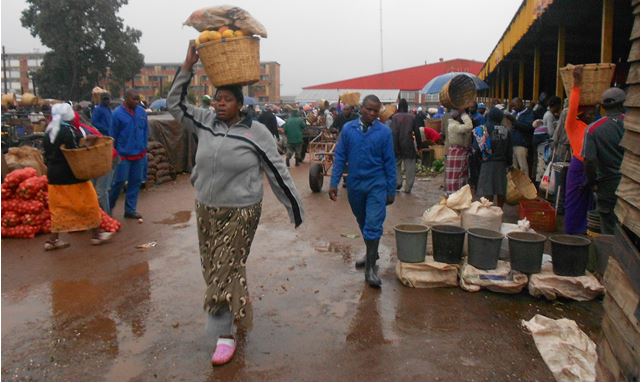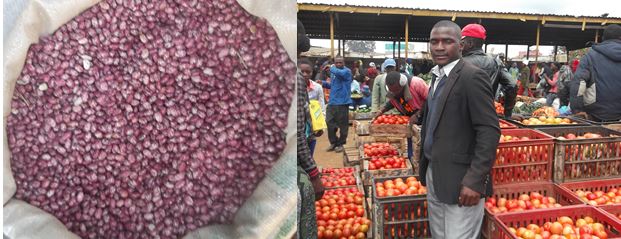The underrated value of knowing your customer and knowing your market
There are times when the market is more important than inputs like seed, fertilizer and capital but very few farmers invest in understanding the market and knowing their customers. The situation is worse in African territorial markets where customers are as diverse as the commodities such that knowing your customer may not mean keeping that Read more about The underrated value of knowing your customer and knowing your market[…]

